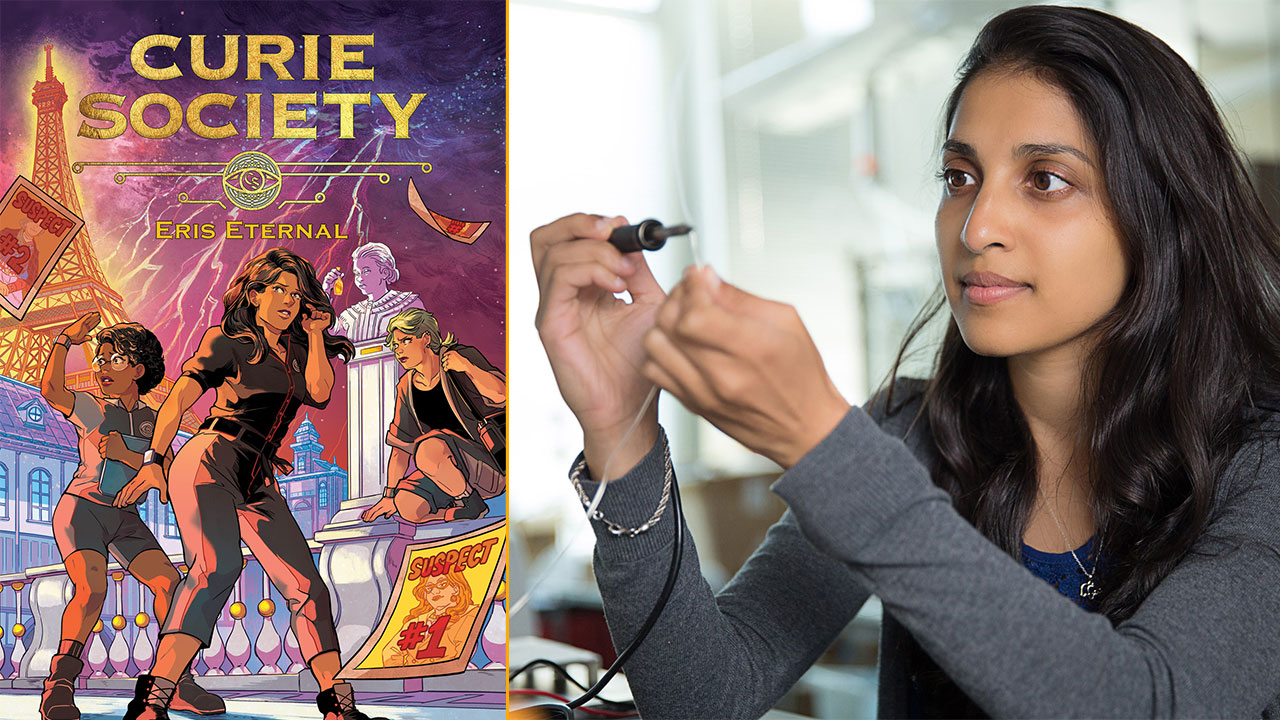Fishes, Vol. 9, Pages 96: Changes in the Serum Biochemical Indices and Intestinal Microbial Community of Rabbitfish (Siganus oramin) in Three Different Habitats
Fishes doi: 10.3390/fishes9030096
Authors: Yukai Yang Heizhao Lin Xiaolin Huang Hongbiao Dong Yafei Duan
The rabbitfish Siganus oramin is an important naturally caught and aquaculture fish species. Intestinal microbiota can affect the metabolism and immunity of fish, which is closely related to the habitat of the host. In this study, we collected the wild fry S. oramin from a natural sea area, and cultured them in outdoor and indoor ponds, respectively, and investigated the changes in serum biochemical indexes and intestinal microbial community in three different habitats. The results showed that compared with the wild population, the serum total protein content of the outdoor culture population increased significantly. The indoor culture population had significantly higher triglyceride and total cholesterol contents than that of the outdoor culture population. Additionally, the intestinal microbial richness indexes ACE and Chao1 of the cultured population were higher than those of the wild population, especially the indoor culture, but Shannon and Simpson had no obvious changes. The relative abundances of Firmicutes, Spirochaetae and Bacteroidetes increased in the outdoor culture population, but decreased in the indoor culture population; those of Proteobacteria and Cyanobacteria were completely the opposite. Some putative beneficial bacteria (Lactobacillus, Clostridium sensu stricto 1, and Intestinibacter) and harmful bacteria (Vibrio, Photobacterium, Desulfovibrio, Streptococcus) all decreased in the intestines of the cultured population when compared with the wild population, while Akkermansia and Faecalibacterium were enriched in the outdoor culture population. These results reveal that a change in habitat environment, whether an outdoor or an indoor pond, positively influenced the intestinal microbiota of the rabbitfish, which is beneficial to the healthy culture of the fish from the perspective of microbial community.

 2 months ago
28
2 months ago
28


